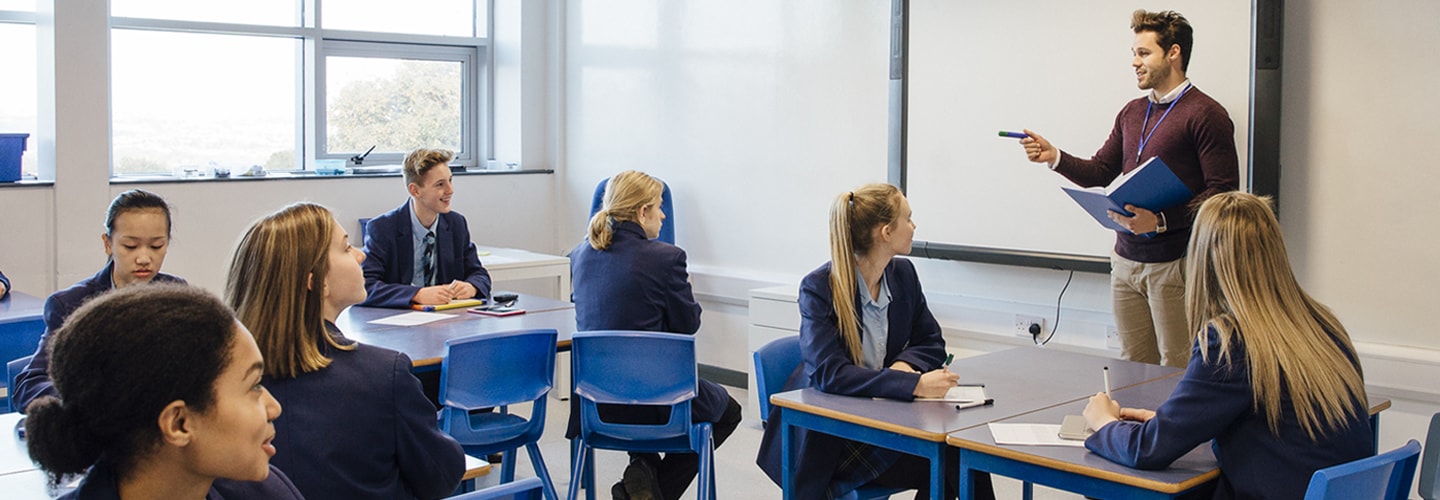Language reflects the diversity of human culture and society. Among its most fascinating parts are dialects, regional or social varieties of a language distinguished by pronunciation, grammar and vocabulary. Dialects are the heartbeat of a language, pulsing with the rich stories, traditions and identities of those who speak them.
Understanding a language and dialect, and its significance, can enrich the learning experience for language learners, offering a deeper appreciation of a language and its speakers. Dialects are not just variations within a language; they are often considered separate entities, each with its own rich history and cultural significance, highlighting the complexity and diversity of linguistic expression.
What exactly is a regional dialect?
At its core, a dialect is a variation of a language spoken by a particular group of people. However, the distinction between dialects and a different language can often be subjective. These variations can occur due to geographical, social class, ethnic, or historical reasons. While all speakers of a language share the same basic grammar rules and vocabulary, those speaking different dialects might use unique words and slang or have distinct pronunciations, highlighting the lack of an objective difference between dialects and languages.
For instance, British and American English are two dialects of the English language that are mutually intelligible, meaning speakers of either dialect can understand, and be understood, by the other. They share the same foundational grammar and most of the core vocabulary but differ in pronunciation, spelling, and some aspects of vocabulary and idioms. Similarly, within Britain or the United States, there are numerous regional dialects (e.g., Yorkshire English, Southern American English) that further showcase the diversity within a single language. Some of these dialects are considered by their speakers to be distinct languages, emphasizing the complex nature of linguistic identity and classification.
What is an example of a dialect?
An example of dialect variation can be seen in the Italian language, which boasts a wide range of regional dialects, showcasing linguistic diversity with multiple dialects spoken across Italy.
For example, the Tuscan dialect has historically been recognized as the basis for standard Italian, largely due to its use in influential literature. However, other dialects from regions like Sicily or Lombardy vary significantly from Tuscan Italian in terms of pronunciation, vocabulary and syntax, reflecting the diverse cultural landscapes and histories of Italy’s regions.
Another example of this variation of dialect within a single language is found in the United Kingdom. For instance, the Cockney dialect, originating from London’s East End, is renowned for its rhyming slang and distinct vowel sounds, serving as a prime example of spoken dialects that emphasize the importance of oral tradition. Contrastingly, the Geordie dialect, native to Newcastle and the surrounding areas, boasts an entirely different set of vocabulary, pronunciation patterns, and even grammatical structures, further highlighting the diverse range of spoken dialects within the standard English language.
What is the difference between a dialect and an accent?
The distinction between a dialect and an accent is subtle yet significant. An accent relates solely to differences in pronunciation - the distinct manner in which people say words, often influenced by unique speech patterns that can vary significantly across different languages and regions.
In contrast, a dialect encompasses not only pronunciation and accent but also includes specific grammar and vocabulary. Accents can be a component of a dialect, but dialects offer a broader spectrum of linguistic variety, including lexical and grammatical differences.
For instance, someone might speak English with a Scottish accent but use the same grammatical structures and vocabulary as an English speaker from London; however, Scots, a variety spoken in Scotland, is considered a dialect (or even a separate, distinct language, by some) because it possesses unique grammar, vocabulary and pronunciation.
Why are different dialects important?
Dialects are more than just linguistic variations; they are windows into communities' cultural and social fabric. They carry with them histories, traditions and the identity of their speakers. Some dialects are even considered 'distinct languages' by their speakers, highlighting the deep cultural significance of these linguistic forms. Learning about dialects, including regional dialects, can thus offer insights into:
- Cultural contexts: Understanding the dialects of a language, especially regional dialects, can provide language learners with a richer cultural understanding and a more nuanced perspective of the language’s speakers. This exploration into regional dialects reveals the arbitrary distinction between 'standard' and 'nonstandard' dialects, which is often based on social, political, cultural, or historical considerations.
- Social dynamics: Dialects can reflect social distinctions, historical migrations and contact with other languages, offering clues about social hierarchies, historical conflicts and integrations.
- Language evolution: Studying dialects reveals how languages change over time, adapting to societies' needs, migrations and innovations.








